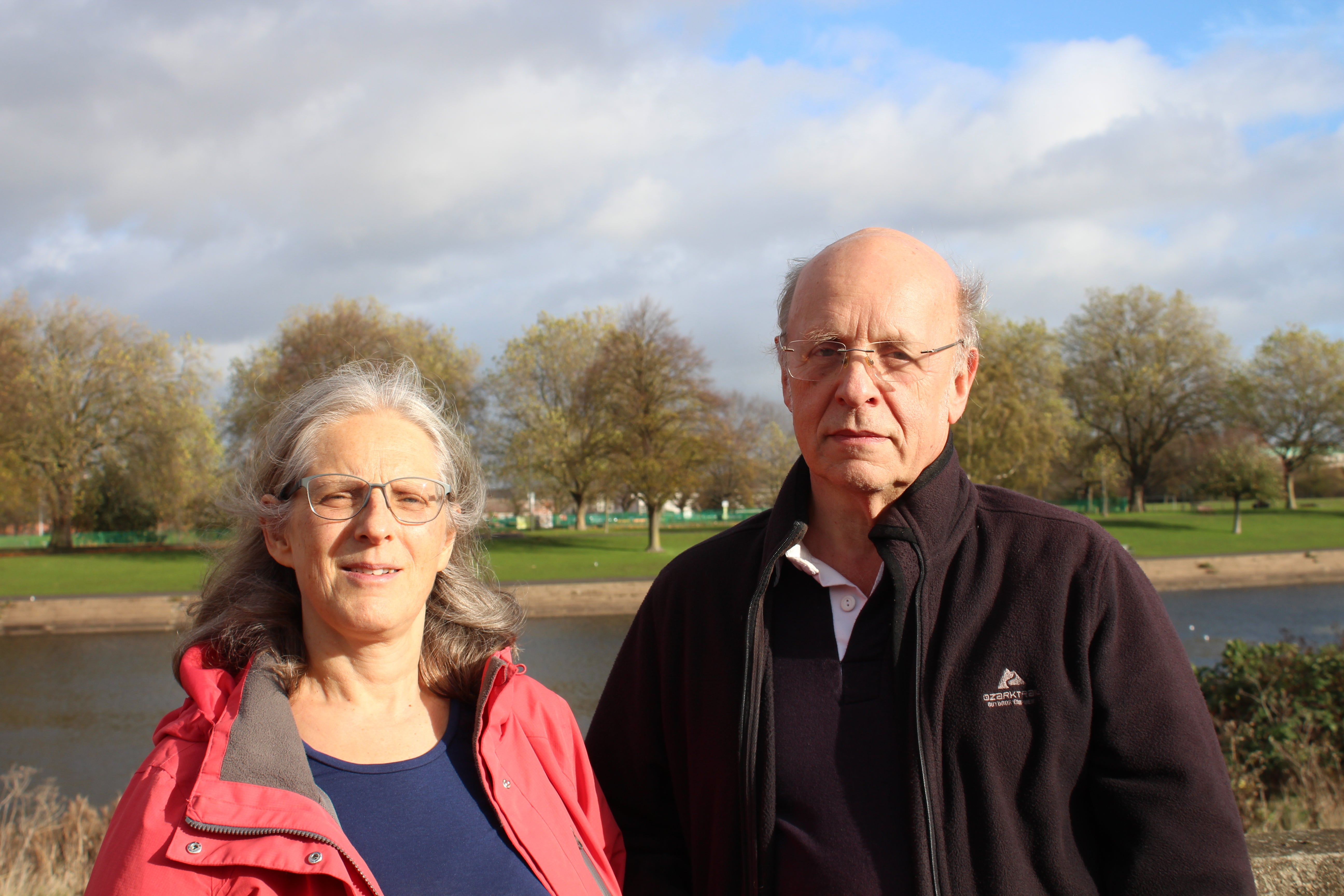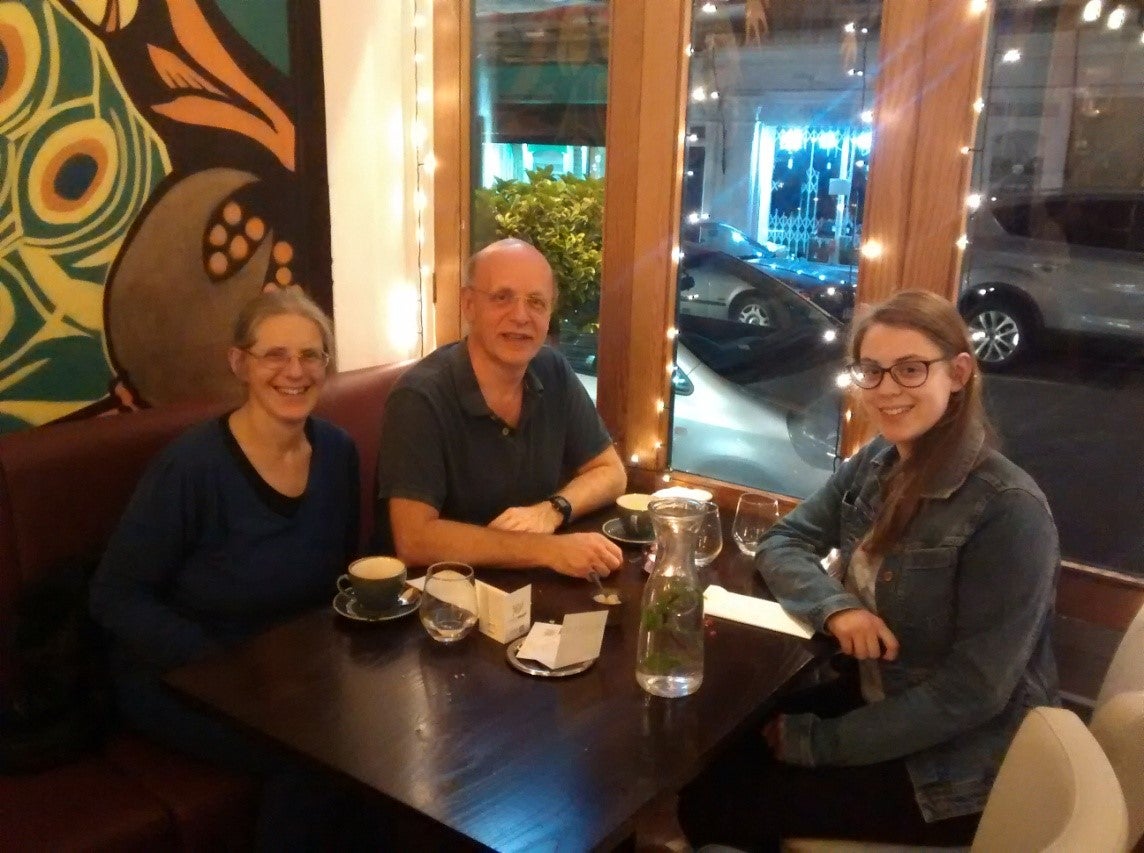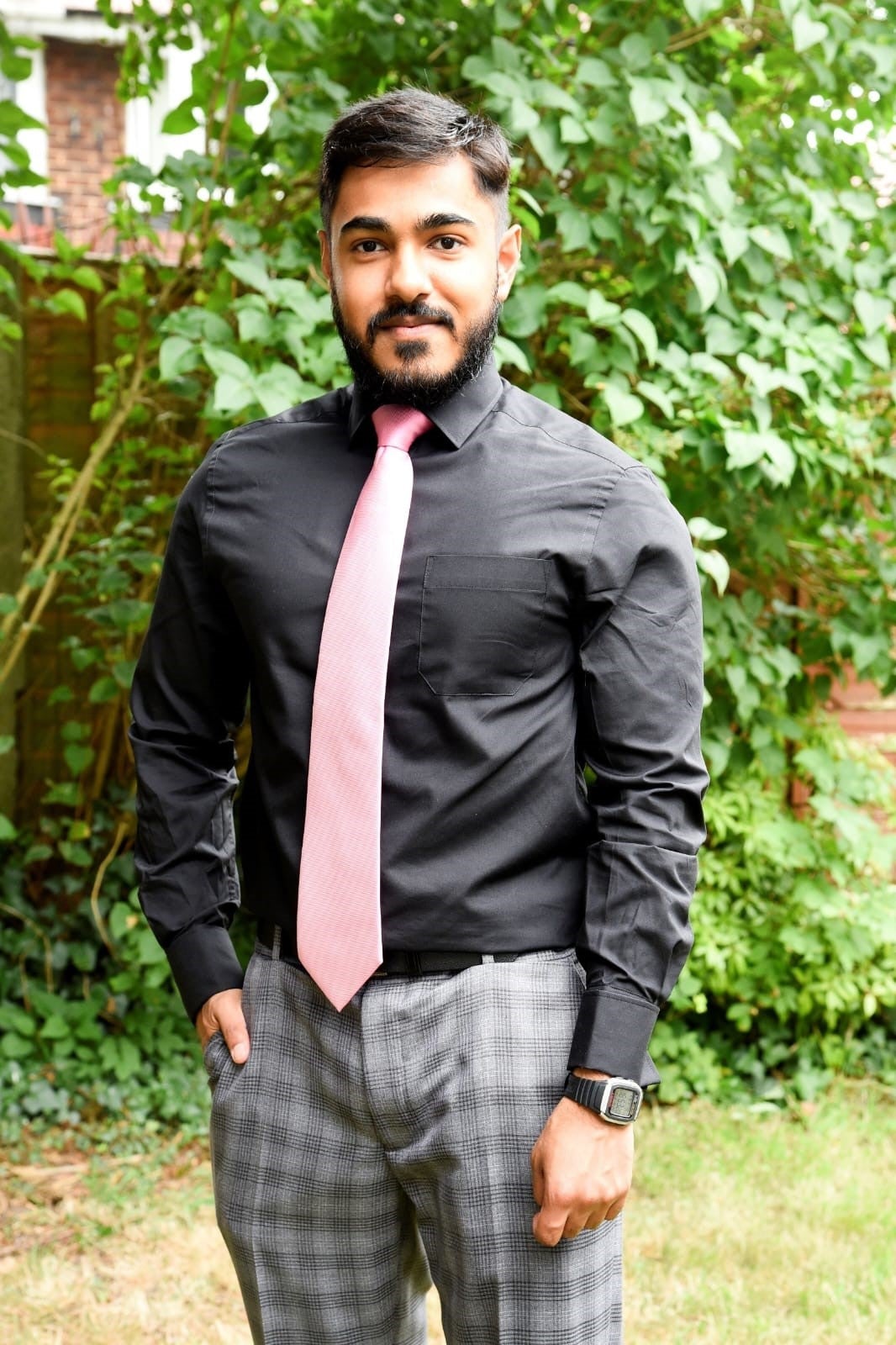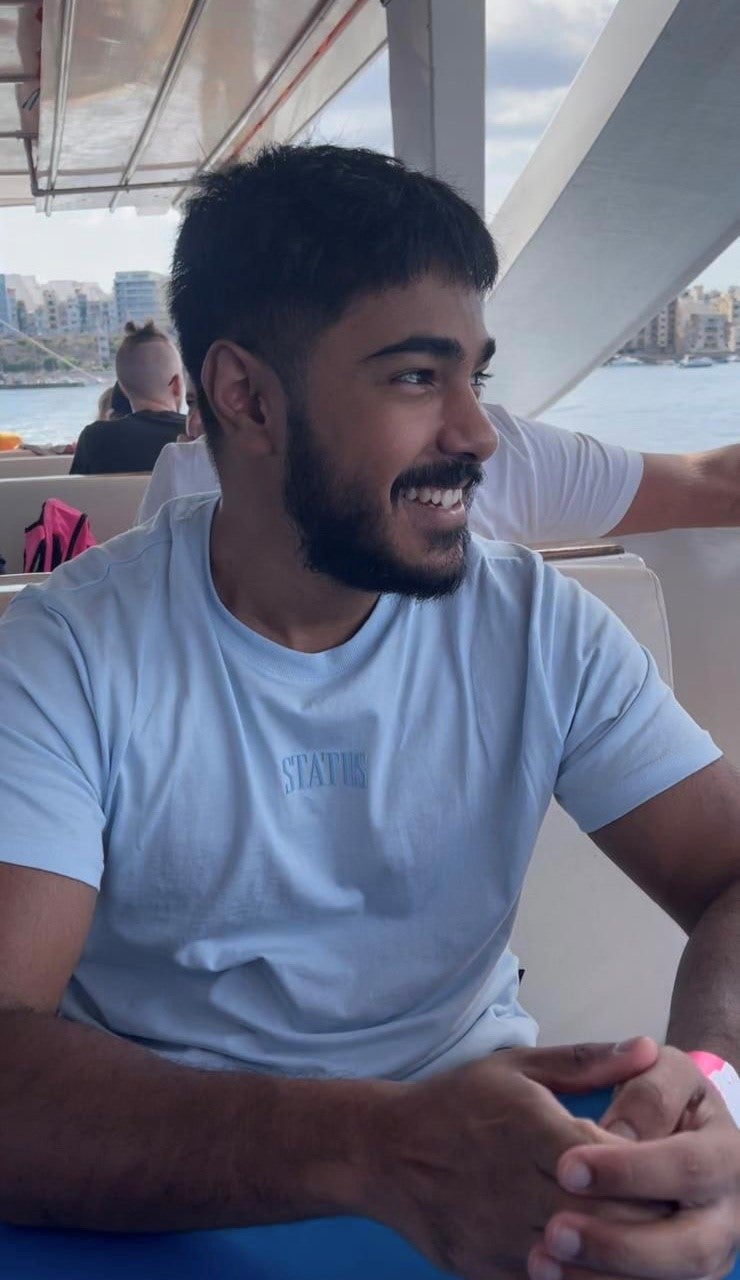Student suicides: The parents united by grief taking the fight to universities
Parents whose children took their own lives are calling for a statutory duty of care for students in higher education to save others from the same fate, Tara Cobham writes


Your support helps us to tell the story
From reproductive rights to climate change to Big Tech, The Independent is on the ground when the story is developing. Whether it's investigating the financials of Elon Musk's pro-Trump PAC or producing our latest documentary, 'The A Word', which shines a light on the American women fighting for reproductive rights, we know how important it is to parse out the facts from the messaging.
At such a critical moment in US history, we need reporters on the ground. Your donation allows us to keep sending journalists to speak to both sides of the story.
The Independent is trusted by Americans across the entire political spectrum. And unlike many other quality news outlets, we choose not to lock Americans out of our reporting and analysis with paywalls. We believe quality journalism should be available to everyone, paid for by those who can afford it.
Your support makes all the difference.“I’ve been having suicidal thoughts - I need help.”
An email with these harrowing words was sent from Natasha Abrahart’s account to staff at the University of Bristol, two months before the 20-year-old took her own life on 30 April 2018.
Five years later, her parents Maggie and Bob Abrahart are still fighting for justice for their daughter, with the hope of saving other students from the same fate.

Alongside the families of other young people who have tragically died, the couple set up the campaign groups The Lived Experience for Action Right Now (LEARN) Network and #ForThe100 calling for change.
Have you been affected by this story? If so email tara@cobham@independent.co.uk
The groups’ petition calling for universities to be legally obliged to care about their students - giving them the same rights to protection from harm that workers have - closed in March with 128,292 signatures and last week it was debated in Parliament.
According to the latest figures from the Office for National Statistics, 319 university students died by suicide between the academic years of 2016/17 to 2019/20.
Natasha was a “wonderful” person, her parents, from West Bridgford, Nottingham, said. She was bright, played the piano and cello and loved cooking.
She also suffered from crippling social anxiety. According to her friends, they would have to talk to assistants in shops on Natasha’s behalf or order her drinks at the bar.
So when the second-year physics student was first faced with an oral assessment, she was said to have run out of the room.

According to her parents, she was forced to continue with these assessments throughout the six months before her death otherwise, she was told she would have failed the year and potentially been kicked out of university.
The University of Bristol said its staff offered Natasha “alternative options for her assessments to alleviate the anxiety she faced”.
But she became depressed and started having suicidal ideations. This was when her flatmate sent that email from her account on her behalf.
University staff did accompany her to a GP appointment and followed up a couple of times, her parents said, “but that was it”. Meanwhile, the oral assessments continued, culminating in what her father described as “the final straw”, a group presentation in front of an audience of 50.

It was at the crack of dawn the day after the presentation when Mr Abrahart heard a knock at the door and opened it to a police officer, telling him the worst news a parent can hear.
Mr Abrahart said: “I had asked Natasha if the university knew what was going on with her and she said they did. We put complete faith in them - they let us down, they let Natasha down.”
In their subsequent quest for answers, which began shortly after they both retired, former NHS mental health worker Mrs Abrahart and her former university professor husband successfully sued the University of Bristol under the Equality Act last March.
Judge Alex Ralton found the university had breached its duties to make reasonable adjustments to how it assessed Natasha, engaged in indirect disability discrimination and treated her unfavourably.
He found that these breaches led to her death, noting that experts said the main cause of her depressive illness was academic oral assessments and the university was ordered to award her parents £50,000 in damages. However, the university has been granted permission to appeal the ruling, so the couple said they have not yet received the compensation.
The court also failed to accept the university had a duty of care towards Natasha, leaving her parents frustrated at the lack of long-term change that could potentially help others.

Her father said: “The worst thing about Bristol is that rather than make changes to save people like Natasha, they’ve made no changes and instead decided to argue in court to not make life-protecting changes. They focus on protecting institutions, not the students.”
Natasha was under the care of specialist mental health professionals at Avon and Wiltshire Mental Health Partnership NHS Trust (AWP) when she died, which has since acknowledged that the care it provided was inadequate. This was reflected in the coroner’s decision following Natasha’s inquest in 2019.
Christian Wakeford MP has taken up the campaign’s cause and brought the case of Anugrah Abraham, a student police officer who took his own life on 3 March, to the petition’s debate at Westminster Hall in parliament.
Anugrah’s family is demanding justice as they claim his death was caused by bullying and racism he faced while doing a police placement as part of his degree at Leeds Trinity University.

“There needs to be a statutory duty of care for those in higher education,” Mr Wakeford said. “Anu’s tragic case must be learned from. Anu was failed by his university. Parents trust these institutions and that trust needs to be repaid with responsibility.”
Anugrah’s aunt Rita Alfred-Saggar, 60, said Leeds Trinity University is “culpable” for the student’s death.
She claims that Anugrah told the university on multiple occasions he was struggling in the face of bullying in the police force, as well as routine racist attacks on the streets, “getting harassed, spat at, and called names”.
Yet Ms Alfred-Saggar, from Manchester, says little support was offered by Leeds Trinity.
“He wasn’t heard and that is terrifying,” she said. “The institutions that were supposed to look after Anu really let him down.”

Anugrah’s mother Sonia added: “I trusted my boy to these institutions and they lost him.”
The Abraham family held a vigil for Anugrah last week to mark what would have been his 22nd birthday. Mr Wakeford attended, hearing from Anugrah’s loved ones about what a “bright star” the student was, “always there to help, smiley, the life and soul of any party”.
Parliament did not commit to any new laws at the debate, an outcome Ms Alfred-Saggar described as “a huge disappointment and indicative of a failure in government to understand that without a statutory requirement, student care will continue to be piecemeal and vulnerable young people will continue to be at risk”.
The government said, while it supports the aims of the petition, it believes more funding and other new initiatives - such as its commissioning of a national independent review of student suicides and its formation of a task force that will develop measures to help students maintain good mental health - are a better approach.

A spokesperson for the University of Bristol said the university again extended its sympathies to Natasha’s friends and family.
They said Bristol provides a wide range of accessible pastoral support services, including assisting students to access specialist care under the NHS - “as happened in Natasha’s case”, due to the “diligent” efforts of the School of Physics staff to support her.
A spokesperson for AWP said: “We continue to offer our deepest condolences to Natasha’s family and remain committed to ensuring the learning from Natasha’s death is embedded into how we support people today.”
A Leeds Trinity University spokesperson said the university offered its condolences to Anugrah’s loved ones and is “fully supporting” the ongoing Independent Office for Police Conduct (IOPC) investigation into his death.
They said Leeds Trinity, which is part of the University Mental Health Charter Programme, takes its students’ welfare “very seriously”, offering a Student Support service seven days a week.
In the UK, the youth suicide charity Papyrus can be contacted on 0800 068 4141 or by email at pat@papyrus-uk.org. In the UK, Samaritans can be contacted on 116 123 or by email at jo@samaritans.org. In the US, the National Suicide Prevention Lifeline is 1-800-273-8255. Other international suicide helplines can be found at www.befrienders.org



Join our commenting forum
Join thought-provoking conversations, follow other Independent readers and see their replies
Comments